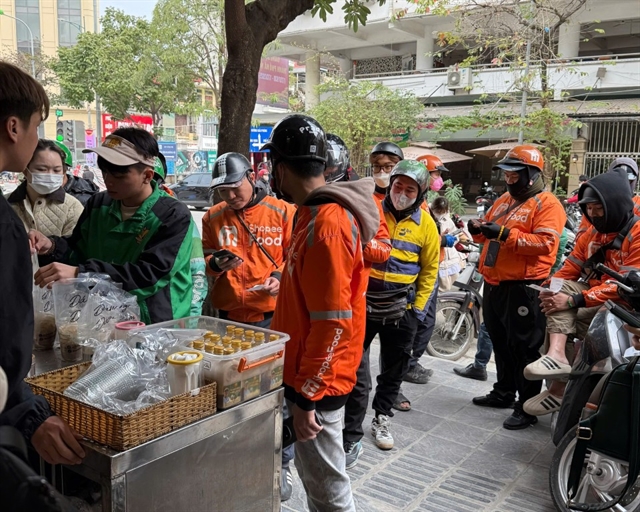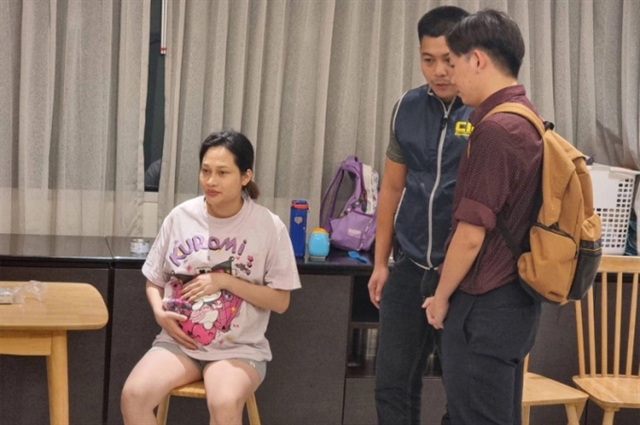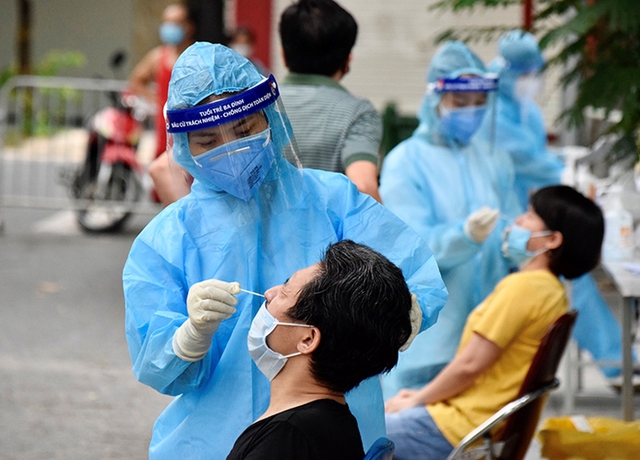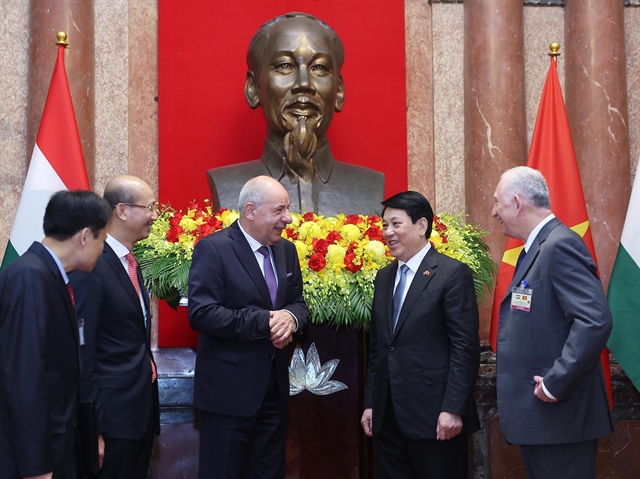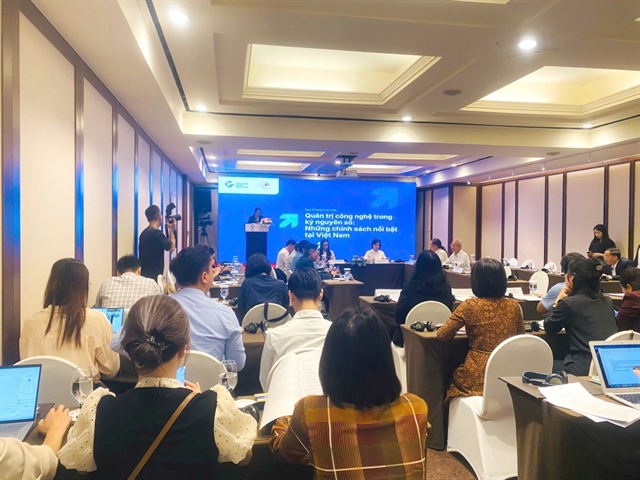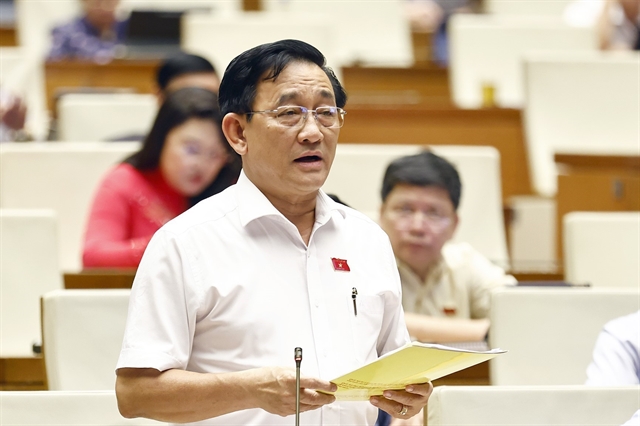 World
World

A jubilant-sounding President Donald Trump declared Wednesday that his "deal" with Kim Jong Un has ended the North Korean nuclear threat, as his top diplomat said he hoped to see "major disarmament" of the country by 2020.
WASHINGTON — A jubilant-sounding President Donald Trump declared Wednesday that his "deal" with Kim Jong Un has ended the North Korean nuclear threat, as his top diplomat said he hoped to see "major disarmament" of the country by 2020.
Despite the lack of detail, or binding terms in the joint statement agreed with Kim -- which has alarmed a majority of observers of the nuclear standoff -- Trump struck a resolutely bullish tone.
"There is no longer a Nuclear Threat from North Korea," he tweeted in one of a series of early morning pronouncements.
Trump added that everybody "can now feel much safer than the day I took office" and people could "sleep well tonight!"
Critics said the unprecedented encounter between Kim and Trump was more style than substance, producing a document short on specifics about the key issue of Pyongyang’s atomic weapons.
But the US president trumpeted the outcome as a "deal" with North Korea and vowed there would be "no more rocket launches, nuclear testing or research!"
Secretary of State Mike Pompeo, speaking to reporters in Seoul, said the United States hoped for "major disarmament" of North Korea by the end of 2020.
In the summit statement, Kim pledged to "work toward the complete denuclearisation of the Korean Peninsula" -- a stock phrase favoured by Pyongyang that stopped short of longstanding US demands for North Korea to give up its atomic arsenal in a "verifiable" and "irreversible" way.
When questioned on the wording, Pompeo said Trump’s intention was to allow the US the opportunity to pursue further productive conversations on the issue with Pyongyang.
"Let me assure you that ’complete’ encompasses verifiable in the minds of everyone concerned," Pompeo said.
"One can’t completely denuclearise without validating, authenticating."
Pompeo said he expects the US would next speak to North Korean officials "fairly quickly after we return to our home countries," adding he was "very confident" that some form of engagement would occur in the next week.
’Meeting of the century’
In North Korea, state media praised Kim for "opening a new chapter" in relations with the United States, and said Trump had accepted an invitation to visit the North.
Just months ago, Kim and Trump were trading threats and personal insults as the North conducted its sixth and most powerful nuclear test.
Victor Cha, a former US pointman on North Korea wrote in The New York Times: "Despite its many flaws, the Singapore summit represents the start of a diplomatic process that takes us away from the brink of war."
Pyongyang has reason to feel confident after the meeting, where Kim stood as an equal with Trump in front of their nations’ flags.
In North Korea, the official KCNA news agency described the summit as an "epoch-making meeting" that would help foster "a radical switchover in the most hostile (North Korea)-US relations."
KCNA also asserted Trump had "expressed his intention" to lift sanctions against the North -- something the US president had said would happen "when we are sure that the nukes are no longer a factor."
With the headline: "Meeting of the century opens new history in DPRK-US relations," the North’s ruling Workers Party official daily Rodong Sinmun splashed no fewer than 33 pictures across four of its usual six pages.
In Pyongyang, commuters crowded round the spread of images.
U Sung Tak, 79, said the future was looking "bright" because Kim was "leading the world’s political trend on the Korean peninsula, steering the wheel of history."
Ordinary North Koreans consistently voice unequivocal support for the leadership when speaking to foreign media.
’War games’
In his post-summit press conference, Trump made the surprise announcement that the US would halt joint military exercises with its security ally Seoul -- something long sought by Pyongyang, which claims the drills are a rehearsal for invasion.
He defended that decision Wednesday, tweeting: "We save a fortune by not doing war games, as long as we are negotiating in good faith - which both sides are!"
The Pentagon could not immediately provide an estimate of how much the drills cost.
Both Seoul and US military officials have said they had no idea the announcement was coming, while Japan’s Defense Minister Itsunori Onodera warned the drills played a "vital role in East Asia’s security."
Still, Japan joined fellow world powers from China to the European Union and Russia in welcoming the summit -- while cautioning it was only a first step towards resolving the stand-off with Pyongyang.
Echoing that stance, Akira Kawasaki of the ICAN anti-nuclear group said the summit was "a great photo-op," but that "the substance needs to be followed up." — AFP

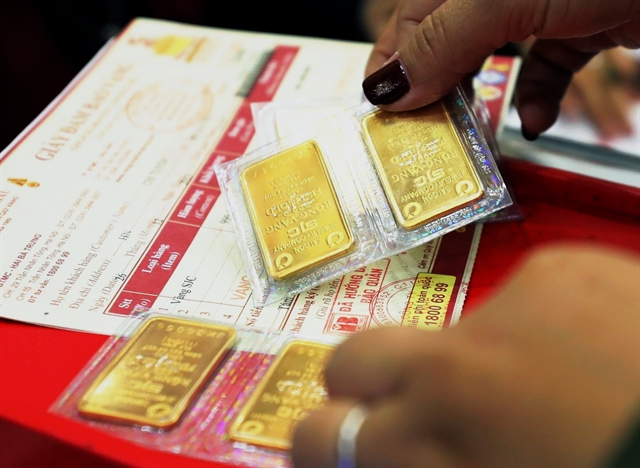
.jpg)

